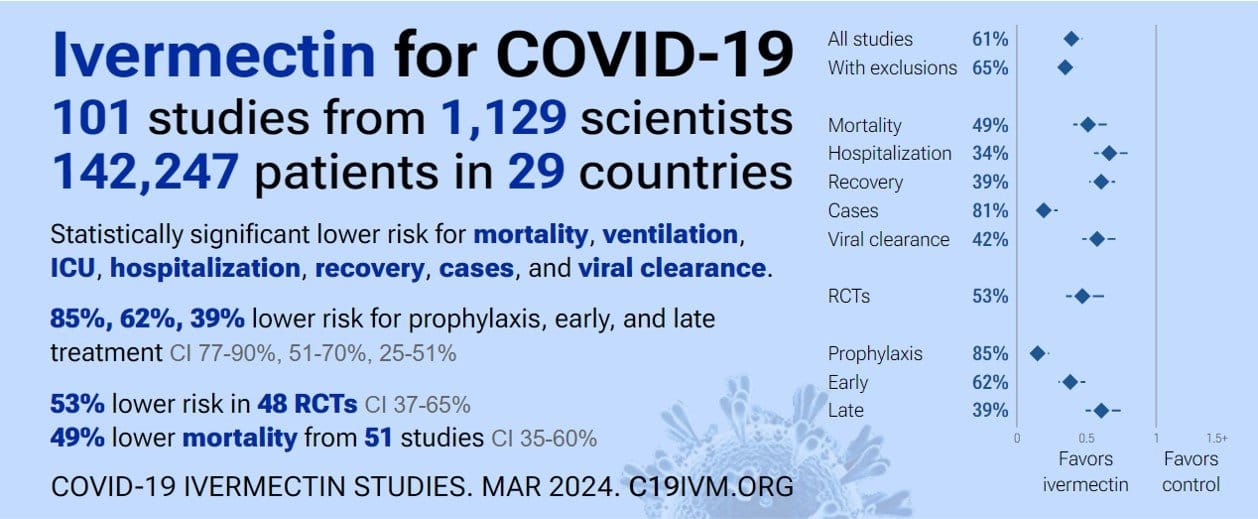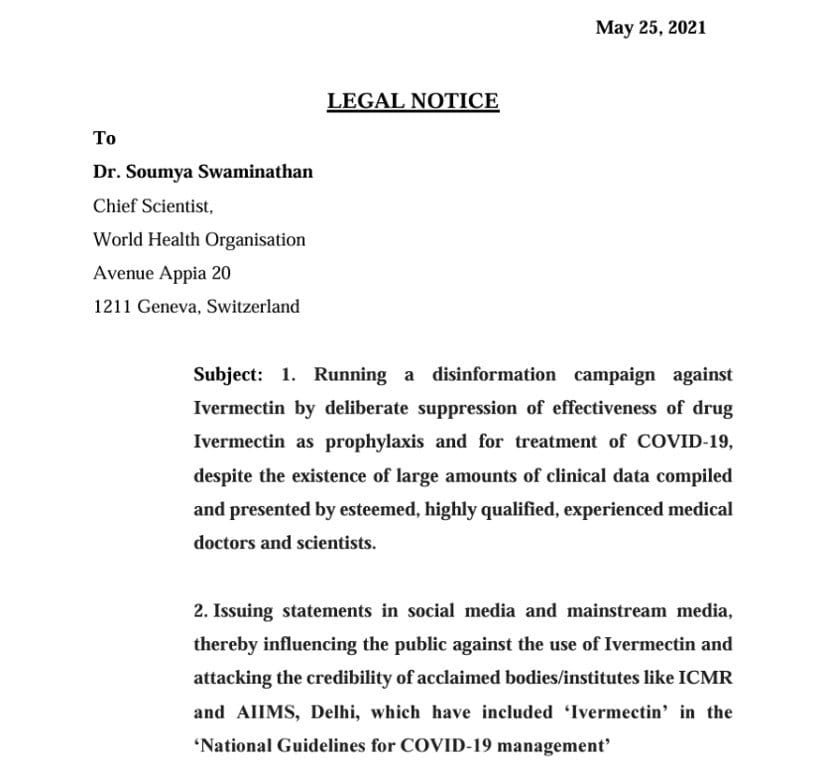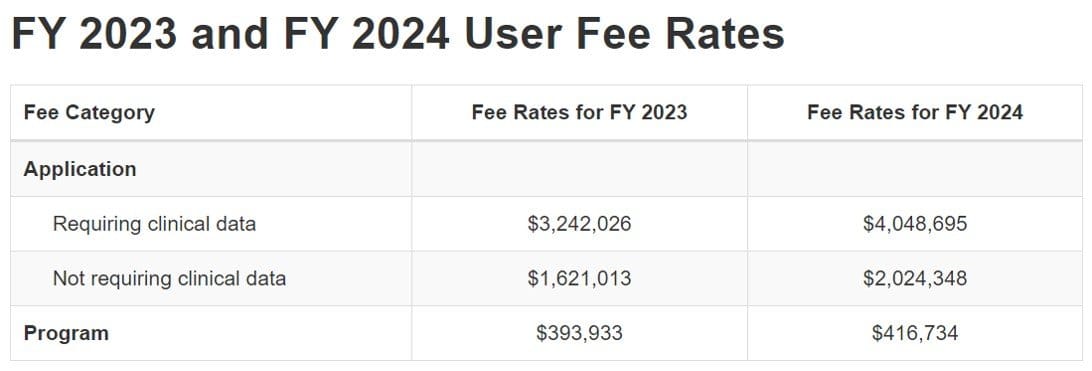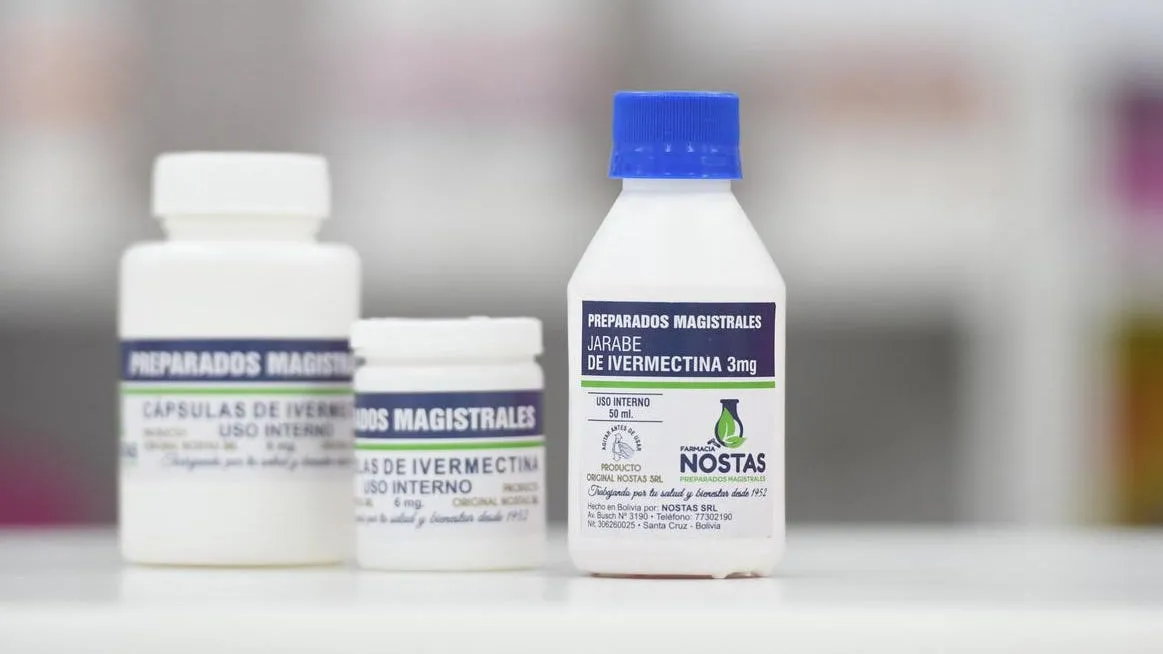Table of Contents
New Zealand Doctors Speaking Out with Science
The effectiveness of ivermectin as a treatment for C-19 is documented via a large, ongoing meta-analysis.
Pooling results from all studies, c19ivm.org currently shows statistically significant lower risk for patients receiving ivermectin across multiple C-19 criteria in 101 studies.

Despite this rigorous, robust and independent evidence, regulatory agencies with obvious corporate and political conflicts have worked hard to destroy the reputation of ivermectin, as we outlined in our 26 March 2024 article. This seems to have served the primary purpose of influencing the public’s perception in order to increase uptake of the “safe and effective” injectable products, as well as new and profitable treatments promoted in place of ivermectin, such as Merck’s molnupiravir (marketed as Lagevrio), Pfizer’s nirmatrelvir and ritonavir (Paxlovid) and Gilead’s remdesivir (Veklury).
Lagevrio (molnupiravir) was initially being studied for influenza, when research was repurposed in 2020 to test its use in C-19 instead. The drug introduces errors into the genetic code of SARS-CoV-2, preventing the virus from further replicating. This means a very strong potential for mutagenicity. A large randomised controlled trial published in The Lancet in December 2022 found that “Molnupiravir did not reduce the frequency of covid-19-associated hospitalisations or death among high-risk vaccinated adults in the community.” It may be years, if they are followed up at all, before that cohort presents with excessive cancer risk.
Paxlovid has recently been found to have a significant rebound effect, only delaying the effects of a covid infection. Dr Richard Urso – drug design and treatment specialist, ophthalmologist, and former chief of orbital oncology at MD Anderson Cancer Center – describes Paxlovid as “one of the most toxic drugs“. Read more about Paxlovid, including the powerful marketing firms employed by Pfizer to promote its use, at Are You an Anti-Paxxer?
Both Paxlovid and Lagevrio have been linked to the rapid accrual of hundreds of SARS-CoV-2 mutations in immunocompromised patients. There are also possible links to birth defects and cancer.
Remdesivir is described by Robert F Kennedy Jr in his book The Real Anthony Fauci, as Fauci’s “vanity drug”, involving multi-million dollar transactions between the former NIAID (National Institutes of Allergy and Infectious Disease) Director and researchers contracted to conduct corrupted drug trials. Used in Ebola treatment trials in 2018, remdesivir was quickly withdrawn due to lethal side effects including multiple organ failure, acute kidney failure, septic shock, and hypotension. Instead of being discarded as a dangerous toxin, it was quickly switched to Covid treatment trials and despite its lack of clinical efficacy, hospitals have been heavily incentivised to prescribe it for Covid. The tragic story of Grace Schara is one example of a remdesivir death, given without consent, and recorded as a Covid death.
Remdesivir has neither provisional nor full approval in NZ yet has been promoted as a treatment for high risk people here.
One is reminded of AZT, also described in The Real Anthony Fauci, which gained a very profitable elevation from its place in the too-toxic trash bin of chemotherapy history to become a first-line treatment for AIDS. It is still unclear how many people died from AZT rather than the effects of HIV itself.
A number of very common strategies are used by corporate sponsored researchers to endorse new, profitable drugs whilst concealing the benefits of approved, established and cheap treatments. In this article, Dr Pierre Kory demonstrates the differences in trial designs used to either enhance or suppress study outcomes, depending on the desired result. The same tactics were described by Australian Clinical Immunologist, Professor Robert Clancy in relation to hydroxychloroquine, in his recent interview with Dr John Campbell.
In contrast to these new, profitable drugs which are anything but safe or effective, ivermectin was described in a 2021 article as “an FDA-approved, WHO essential drug used as broad spectrum antiparasitic, antibiotic and which has demonstrated broad spectrum antiviral activity against RNA viruses, including HIV, Zika, MERS corona virus.” Pharmaceutical company Merck held a patent on ivermectin until 1996, after which the drug became generic, meaning multiple manufacturers across the world can produce it, at very low cost.
In 1987 Merck established the Mectizan Donation Program, with the goal of donating as much ivermectin “as needed for as long as needed—with the goal to help control river blindness”, as well as other tropical diseases. They have donated 5.5 billion doses of ivermectin (under the trade name Mectizan) to date.
Despite – or because of – being one of the safest, cheapest, and most widely available drugs in the history of medicine, and in the face of a growing body of evidence for use in C-19 prevention and treatment, Merck released a statement on 4 February 2021 against the use of ivermectin for C-19, based on the following three claims:
- No scientific basis for a potential therapeutic effect against C-19 from pre-clinical studies;
- No meaningful evidence for clinical activity or clinical efficacy in patients with c-19 disease, and;
- A concerning lack of safety data in the majority of studies.
Merck’s new candidate for the treatment of c-19, molnupiravir (Lagevrio) was in Phase 2/3 trials at this time and a $1.2 billion procurement agreement was announced in June 2021 for 1.7 million courses. This was a 4,000 per cent mark up on a drug which cost $17.74 per five-day course to produce.
On 7 May 2021 the Indian state of Goa recommended ivermectin for all adults above the age of 18 years old. The next day the World Health Organization Chief Scientist at that time, Dr Soumya Swaminathan, tweeted against the use of ivermectin. In a grand show of industry capture, she cited Merck’s 4 February statement as evidence. The Indian Bar Association responded by serving a legal notice to Dr Swaminathan.

Similarly captured, the US Food & Drug Administration (FDA) received 47 per cent of their 2022 budget from corporate funded user fees, with product application user fees rising significantly (per the below table) in the past year alone. New Zealand’s Medsafe, the UK’s MHRA and Australia’s TGA are also beholden to pharmaceutical industry funding.

As we described in our earlier article, “narrative scaffolds” are a powerful weapon in cognitive warfare, laying foundations for public opinion to support establishment interests. In the pandemic industry, the World Health Organization and their government and corporate partners are central to the power structure. Not satisfied with their control over information sources in medical literature and mainstream media, a new control mechanism has been seeded: the Disinformation Guard, or Fact Checking infantry.
Newsguard are one example of this new infantry. Executive director of Foundation For Freedom Online, Mike Benz, described Newsguard’s advisory board as a “coterie of apex predators of the national security state” in this interview about the rise of a global public-private mass-censorship industry. The board includes former CIA Director Michael Hayden, former Prime Minister of Denmark and former secretary general of NATO Anders Fogh Rasmussen, alongside a raft of mainstream media and political representatives.
As we have all observed, the World Health Organization (WHO) are extremely vested in the need to censor “misinformation”. The latest publicly available version of the amendments to the International Health Regulations includes capacities for “risk communication, including countering misinformation and disinformation“. Taking this goal seriously, a staggering number of resources are being poured into their Infodemic Management work, which appears to involve the training of local propagandists.
Given the amount of misinformation spread by the World Health Organization since (and likely prior to) 2020, how could anyone take their intended role as a ‘single source of truth’ seriously? We highly recommend the work of Fahrie Hassan, South African microbiologist and member of the World Council for Health, in exposing the criminality steeped in misinformation at the WHO.
In his recent, intriguing presentation to Medical Doctors for Covid Ethics International, mind-control expert Jason Christoff discussed the weaponised psychology and propaganda – primarily using confusion and group pressure – employed by the ‘ruling class’ against the public during Covid, intentionally to deceive us into compliance. He demonstrates how easily mind control techniques can be executed, especially against those “who believe they’re too smart, too intelligent and too above things to be placed under mind control”.









